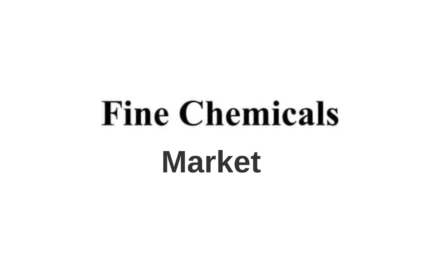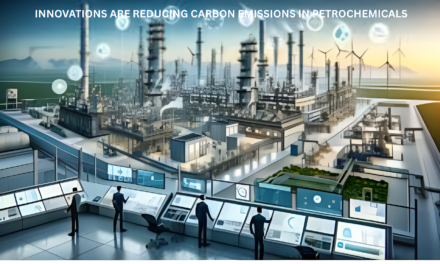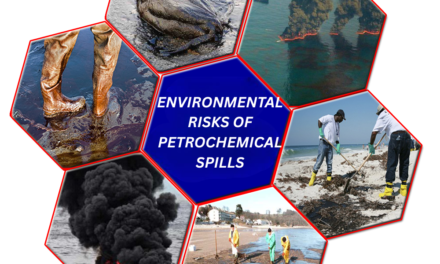Water usage in the production of basic chemicals plays a critical role in overall sustainability. Water is used extensively in chemical manufacturing for cooling, processing, cleaning, and as a solvent or reactant. Its management directly impacts the environmental footprint of the industry and its ability to meet sustainability goals. Below is an analysis of how water usage impacts sustainability and the steps being taken to mitigate its effects:
1. The Role of Water in Chemical Manufacturing
- Cooling: Cooling towers and heat exchangers require large quantities of water to maintain optimal operating temperatures.
- Processing: Many chemical reactions rely on water as a solvent or reactant.
- Cleaning: Water is used for cleaning equipment and maintaining hygiene in facilities.
- Steam Generation: Boilers for steam production, a critical utility in chemical processes, require significant water input.
2. Environmental Impacts of Water Usage
- High Water Withdrawal:
- Chemical manufacturing is one of the most significant industrial water users. Over-extraction of freshwater resources can deplete local supplies, affecting ecosystems and communities.
- Water Pollution:
- Discharge of untreated or inadequately treated effluents containing hazardous substances, heavy metals, and high nutrient loads contaminates water bodies, impacting aquatic ecosystems and human health.
- Thermal Pollution:
- Wastewater from cooling processes can raise temperatures in receiving water bodies, disrupting aquatic ecosystems.
- Resource Scarcity:
- Industries operating in water-stressed regions exacerbate competition for limited freshwater resources.
3. Challenges in Sustainable Water Management
- Water Availability:
- Growing industrial demand coupled with climate change-induced water scarcity poses challenges for maintaining operations.
- Regulatory Compliance:
- Meeting stringent wastewater discharge and reuse regulations adds to operational complexity and cost.
- Energy-Water Nexus:
- Treating, transporting, and heating water requires significant energy, indirectly increasing greenhouse gas emissions.
4. Sustainability Initiatives in Water Management
- Water Recycling and Reuse:
- Closed-loop systems recycle process water and cooling water, significantly reducing freshwater withdrawal.
- Example: Zero Liquid Discharge (ZLD) systems treat and reuse all wastewater within the facility.
- Advanced Treatment Technologies:
- Adoption of reverse osmosis, membrane filtration, and advanced oxidation processes for effective wastewater treatment.
- Smart Water Management:
- Use of digital tools and IoT for real-time monitoring of water usage, leaks, and treatment efficiency.
- Alternative Water Sources:
- Utilization of non-conventional sources such as seawater desalination, brackish water, and rainwater harvesting.
- Process Optimization:
- Designing processes that require less water or can operate efficiently at lower water inputs.
5. Industry Efforts Toward Sustainable Practices
- Circular Water Economy:
- Integration of circular economy principles, where wastewater is treated and reused, and nutrients are recovered for other industrial applications.
- Collaboration with Stakeholders:
- Partnering with local communities, governments, and NGOs to ensure equitable water usage and conservation initiatives.
- Certification and Reporting:
- Chemical companies are adopting water stewardship certifications (e.g., Alliance for Water Stewardship) and reporting water usage in sustainability disclosures.
6. Case Studies
- Green Cooling Systems:
- Companies are replacing water-intensive cooling towers with air-cooled systems to reduce water consumption.
- Effluent-to-Energy Projects:
- Utilizing wastewater to produce biogas or other energy resources, reducing both water waste and energy dependency.
- Process Integration:
- Integration of water-efficient reaction technologies, such as dry or solid-state synthesis.
7. Benefits of Sustainable Water Usage
- Environmental:
- Reduced water pollution and conservation of freshwater resources help protect ecosystems.
- Economic:
- Lower water procurement and treatment costs improve operational efficiency and profitability.
- Regulatory Compliance:
- Adherence to environmental regulations minimizes legal and financial risks.
- Social:
- Ensuring water availability for local communities supports social license to operate and strengthens corporate reputation.
8. Future Outlook
- Innovation in Water Technologies:
- Continued research into water-efficient processes and advanced wastewater treatment methods will drive sustainability.
- Global Standards:
- Adoption of industry-wide sustainability standards for water use will improve accountability and conservation.
- Corporate Water Targets:
- Many chemical companies are setting ambitious targets for water reduction, reuse, and quality improvements as part of their broader sustainability goals.
Conclusion
Water usage in basic chemical manufacturing is a critical factor in the industry’s overall sustainability. By adopting innovative technologies, optimizing processes, and adhering to strict water management practices, the chemical industry can significantly reduce its environmental footprint and contribute to global water conservation efforts. Sustainable water management is not only essential for environmental protection but also for long-term operational resilience and community well-being.
Hashtags
#WaterUsage #IndustrialWaterConsumption #WaterInChemicals #ChemicalWaterUse #WaterEfficiency #SustainabilityAndEnvironmentalImpact #SustainableWaterManagement #WaterForSustainability #EcoWaterUsage #WaterConservation #SustainableChemistry #ChallengesAndOpportunities
#WaterChallenges #ResourceEfficiency #WaterScarcitySolutions #EfficientWaterUse #IndustrialWaterSavings #IndustrySpecificImpact #WaterInManufacturing #ChemicalIndustrySustainability #GreenChemicalProcesses #WaterImpactInChemicals #CleanWaterInIndustry










